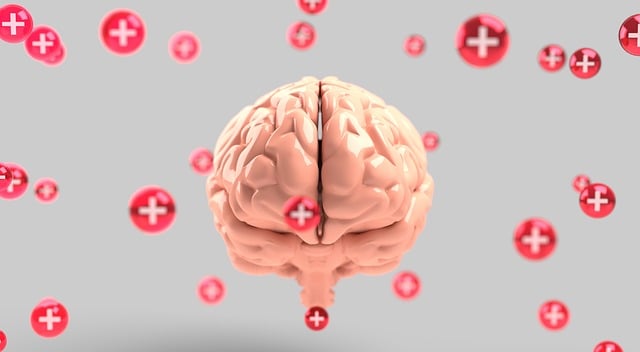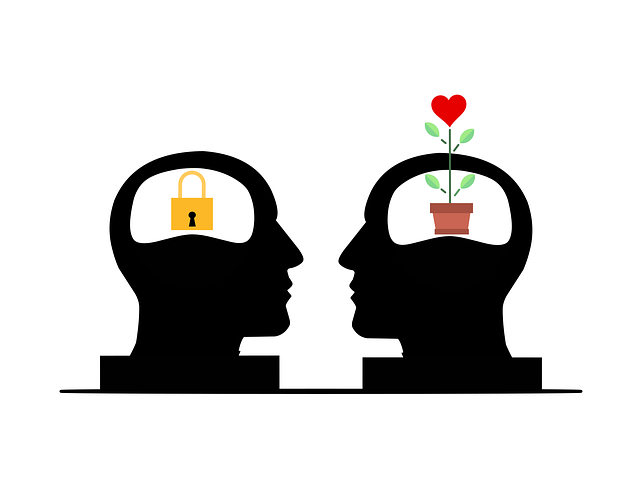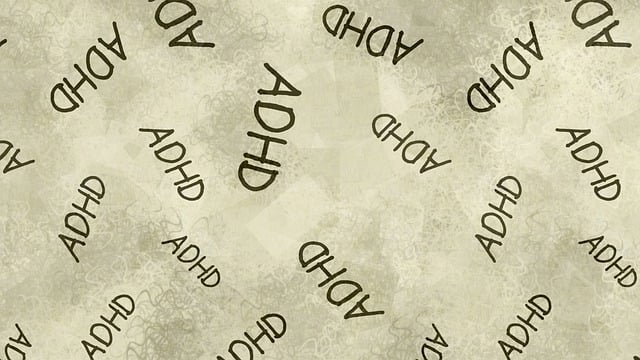Greenwood Village Family Counseling Therapy emphasizes cultural sensitivity in mental healthcare, addressing diverse client needs shaped by ethnic, racial, and cultural backgrounds. Therapists navigate complex landscapes through self-awareness exercises, personalized support, and culturally appropriate interventions. By valuing individual cultural backgrounds, therapists build trust and create safe spaces for clients to share their stories, leading to positive outcomes. Strategies include enhanced cross-cultural communication, mental wellness journaling, and stigma reduction techniques tailored to diverse communities, making Greenwood Village a leader in culturally sensitive therapy.
In today’s diverse society, cultural sensitivity is paramount in mental healthcare. The ability to understand and respect various cultural beliefs and practices significantly impacts therapeutic relationships. This article explores these dynamics, delving into the benefits of culturally competent therapy, while acknowledging challenges like language barriers and unconscious biases. We present strategies for professionals seeking to enhance their practice, featuring case studies from Greenwood Village Family Counseling Therapy as a successful model of culturally sensitive care.
- Understanding Cultural Diversity in Mental Health Care
- The Impact of Cultural Sensitivity on Therapeutic Relationships
- Challenges and Barriers to Providing Culturally Competent Therapy
- Strategies for Incorporating Cultural Sensitivity in Practice
- Case Studies: Successful Cultural Sensitivity in Greenwood Village Family Counseling Therapy
Understanding Cultural Diversity in Mental Health Care

In today’s diverse society, mental healthcare practices must embrace cultural sensitivity to effectively serve all individuals. Recognizing and understanding the rich tapestry of cultural diversity is a cornerstone of providing equitable care. Greenwood Village Family Counseling Therapy, for instance, operates within a context where families present with unique backgrounds, traditions, and beliefs that significantly impact their mental health journeys. This requires therapists to be adept at navigating complex cultural landscapes, ensuring every patient receives personalized support.
Cultural sensitivity involves not just tolerating differences but actively celebrating and incorporating them into therapeutic approaches. Mental health professionals must engage in self-awareness exercises to recognize their own biases and preconceptions. By doing so, they can conduct thorough risk assessments for mental health professionals, ensuring that interventions are culturally appropriate and effective. Moreover, promoting depression prevention through culturally sensitive practices can lead to better outcomes, fostering an environment where families feel empowered to seek help without barriers.
The Impact of Cultural Sensitivity on Therapeutic Relationships

Cultural sensitivity is a cornerstone of effective therapeutic relationships, especially when offering mental healthcare services to diverse communities in Greenwood Village Family Counseling Therapy’s reach. By recognizing and respecting individual cultural backgrounds, therapists foster trust and create safe spaces for clients to express their unique experiences and challenges. This approach ensures that treatments are tailored to meet specific cultural needs, enhancing the potential for positive outcomes.
A culturally sensitive therapy practice goes beyond mere awareness; it involves adapting communication strategies, incorporating relevant Emotional Regulation techniques, and providing insights into diverse stress management approaches. For instance, The Stress Management Workshops Organization highlights the importance of understanding cultural contexts in managing stress. By integrating these perspectives, therapists can offer more comprehensive care, addressing not just symptoms but also the underlying cultural factors that shape an individual’s mental health journey.
Challenges and Barriers to Providing Culturally Competent Therapy

Providing culturally competent therapy is a complex endeavor, especially in diverse communities where various ethnic, racial, and cultural backgrounds coexist. The first challenge lies in recognizing and understanding the unique needs and perspectives of each client, which often require tailored approaches. Mental healthcare professionals must be adept at navigating sensitive topics related to identity, tradition, and belief systems, ensuring that their practices are inclusive and respectful. For instance, a therapist practicing in Greenwood Village Family Counseling Therapy might encounter clients from various cultural backgrounds, each bringing their own set of experiences and expectations.
Barriers to delivering culturally sensitive care include limited cross-cultural training for therapists, language disparities, and a lack of awareness about specific cultural practices and taboos. These obstacles can hinder the therapeutic process, making it difficult for practitioners to connect with clients from different cultural contexts. To overcome these challenges, therapists are encouraged to engage in continuous professional development, learn about their clients’ backgrounds, and adapt their counseling techniques accordingly. Incorporating activities like mental wellness journaling exercises guided by trauma support services can also foster a deeper understanding of cultural nuances and promote meaningful healing.
Strategies for Incorporating Cultural Sensitivity in Practice

Incorporating cultural sensitivity into mental healthcare practice is a multifaceted approach that begins with education and awareness. Professionals at Greenwood Village Family Counseling Therapy emphasize the importance of understanding diverse cultural backgrounds, beliefs, and practices to provide tailored care. This involves actively listening to clients’ stories, valuing their experiences, and recognizing how cultural factors can influence mental health expressions and treatment outcomes.
Effective strategies for cultivating cultural sensitivity include enhancing cross-cultural communication skills, promoting Mental Illness Stigma Reduction Efforts, and employing Emotional Well-being Promotion Techniques that resonate with diverse communities. By creating an inclusive environment where clients feel heard, respected, and understood, therapists at Greenwood Village Family Counseling Therapy foster trust and collaboration, ultimately enhancing the effectiveness of treatment interventions.
Case Studies: Successful Cultural Sensitivity in Greenwood Village Family Counseling Therapy

In Greenwood Village Family Counseling Therapy, cultural sensitivity has been a game-changer, leading to successful outcomes for diverse families. Case studies highlight how therapists navigate complex family dynamics by understanding and respecting each client’s unique cultural background. By employing techniques that foster positive thinking and promote mental wellness, the practice has shown remarkable results in depression prevention among its clients.
The approach involves creating a safe, inclusive environment where families feel comfortable discussing sensitive topics related to their heritage, beliefs, and traditions. This deep understanding of cultural nuances enables therapists to offer tailored support, ensuring that every member of the family receives the care they need. Through this holistic method, Greenwood Village Family Counseling Therapy has become a beacon of hope for many, demonstrating the power of culturally sensitive mental healthcare practices.
Cultural sensitivity is a cornerstone of effective mental healthcare, fostering stronger therapeutic relationships and improved outcomes. By understanding diverse cultural contexts and implementing strategies like those demonstrated by Greenwood Village Family Counseling Therapy, practitioners can overcome challenges and barriers to provide culturally competent care. Recognizing the impact on patient well-being, mental health professionals are encouraged to embrace cultural sensitivity as a game-changer in their practice, ultimately enhancing the tapestry of holistic mental healthcare services.












